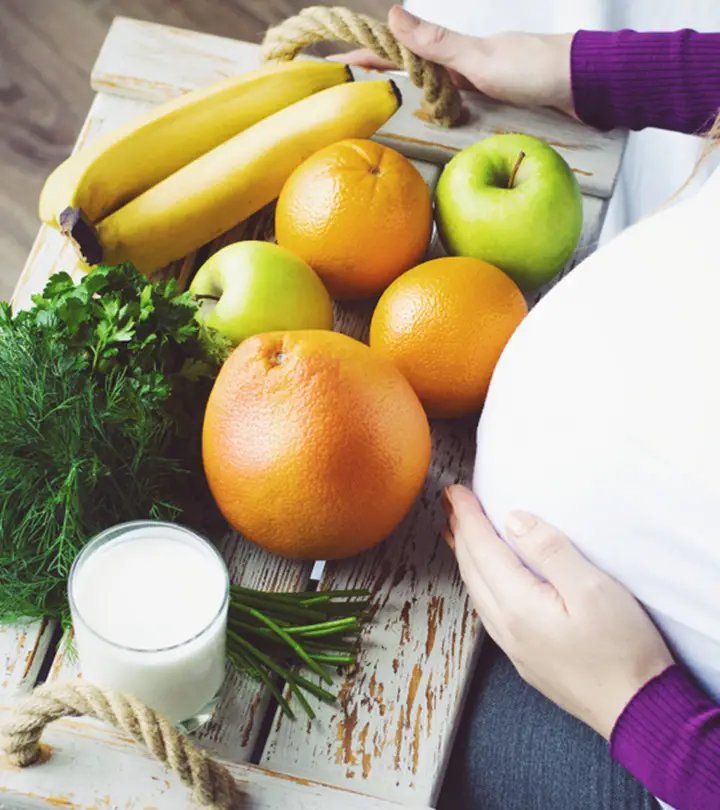Pregnancy is a crucial time in a woman’s life when she needs to pay special attention to her diet and nutrition to ensure the healthy development of the baby. One essential nutrient that plays a significant role during pregnancy is vitamin A. In this article, we will explore the importance of vitamin A during pregnancy, sources of vitamin A for pregnant women, risks associated with vitamin A deficiency, recommended intake of vitamin A, and conclude with key takeaways.
 Vitamin A supplementation during pregnancy
Vitamin A supplementation during pregnancy
Vitamin A and Pregnancy
During pregnancy, the body undergoes various changes to support the growth and development of the baby. Vitamin A, a fat-soluble vitamin, is essential for maintaining healthy vision, immune function, and cell differentiation. It also plays a critical role in the development of the baby’s organs and tissues, including the eyes, heart, and nervous system.
Importance of Vitamin A During Pregnancy
Vitamin A is crucial for the proper development of the baby’s organs and tissues. It is particularly important for fetal eye development, as it helps in the formation of the retina and supports good vision. Vitamin A also plays a role in the development of the baby’s heart, helping to ensure proper functioning of the cardiovascular system. Additionally, vitamin A is essential for the development of the nervous system, including the brain and spinal cord.
In addition to its role in fetal development, vitamin A also supports the mother’s health during pregnancy. It helps strengthen the immune system, reducing the risk of infections that can be harmful during pregnancy. Vitamin A also plays a role in maintaining healthy skin and mucous membranes, which can be beneficial as the body undergoes hormonal changes during pregnancy.
Sources of Vitamin A for Pregnant Women
There are two main sources of vitamin A: preformed vitamin A and provitamin A carotenoids. Preformed vitamin A is found in animal products such as liver, fish, eggs, and dairy products. On the other hand, provitamin A carotenoids are found in plant-based foods like carrots, sweet potatoes, spinach, and kale. The body converts these carotenoids into vitamin A as needed, making them an excellent source of this essential nutrient for pregnant women.
Here is a table outlining some common food sources of vitamin A:
| Food Source | Vitamin A Content (mcg) |
|---|---|
| Beef Liver | 6,421 |
| Sweet Potato | 1,403 |
| Spinach | 469 |
| Carrots | 835 |
| Egg | 149 |
| Cheddar Cheese | 284 |
Including a variety of these foods in your diet can help ensure an adequate intake of vitamin A during pregnancy.
Risks Associated with Vitamin A Deficiency During Pregnancy
Vitamin A deficiency during pregnancy can have serious consequences for both the mother and the baby. Inadequate intake of vitamin A can increase the risk of night blindness, a condition that can impair vision in low-light conditions. Severe vitamin A deficiency can lead to xerophthalmia, a condition characterized by dryness of the eyes that can progress to blindness if left untreated.
For the baby, vitamin A deficiency can result in developmental abnormalities, particularly affecting the eyes, heart, and nervous system. It can also increase the risk of preterm birth and low birth weight, both of which are associated with an increased risk of infant mortality and long-term health complications.
Recommended Intake of Vitamin A During Pregnancy
The WHO recommends as safe during pregnancy a maximum dose of is up to 10,000 IU daily or 25,000 IU weekly after the first 60 days of gestation. . This intake can typically be met through a balanced diet that includes a variety of vitamin A-rich foods. However, some women may require supplements to meet their vitamin A needs during pregnancy, especially if they have dietary restrictions or limited access to certain foods.
It is essential to consult with a healthcare provider before starting any supplements during pregnancy to ensure they are safe and appropriate for your individual needs. Excessive intake of vitamin A, particularly in the form of supplements, can be harmful and may lead to toxicity, which can have adverse effects on both the mother and the baby.
Conclusion
In conclusion, vitamin A plays a crucial role in the health and development of both the mother and the baby during pregnancy. Ensuring an adequate intake of vitamin A through a balanced diet that includes a variety of animal and plant-based sources is essential for supporting fetal growth and development. By being aware of the importance of vitamin A, knowing the food sources rich in this nutrient, understanding the risks associated with deficiency, and following the recommended intake guidelines, pregnant women can promote a healthy pregnancy and give their baby the best start in life.








Discussion about this post